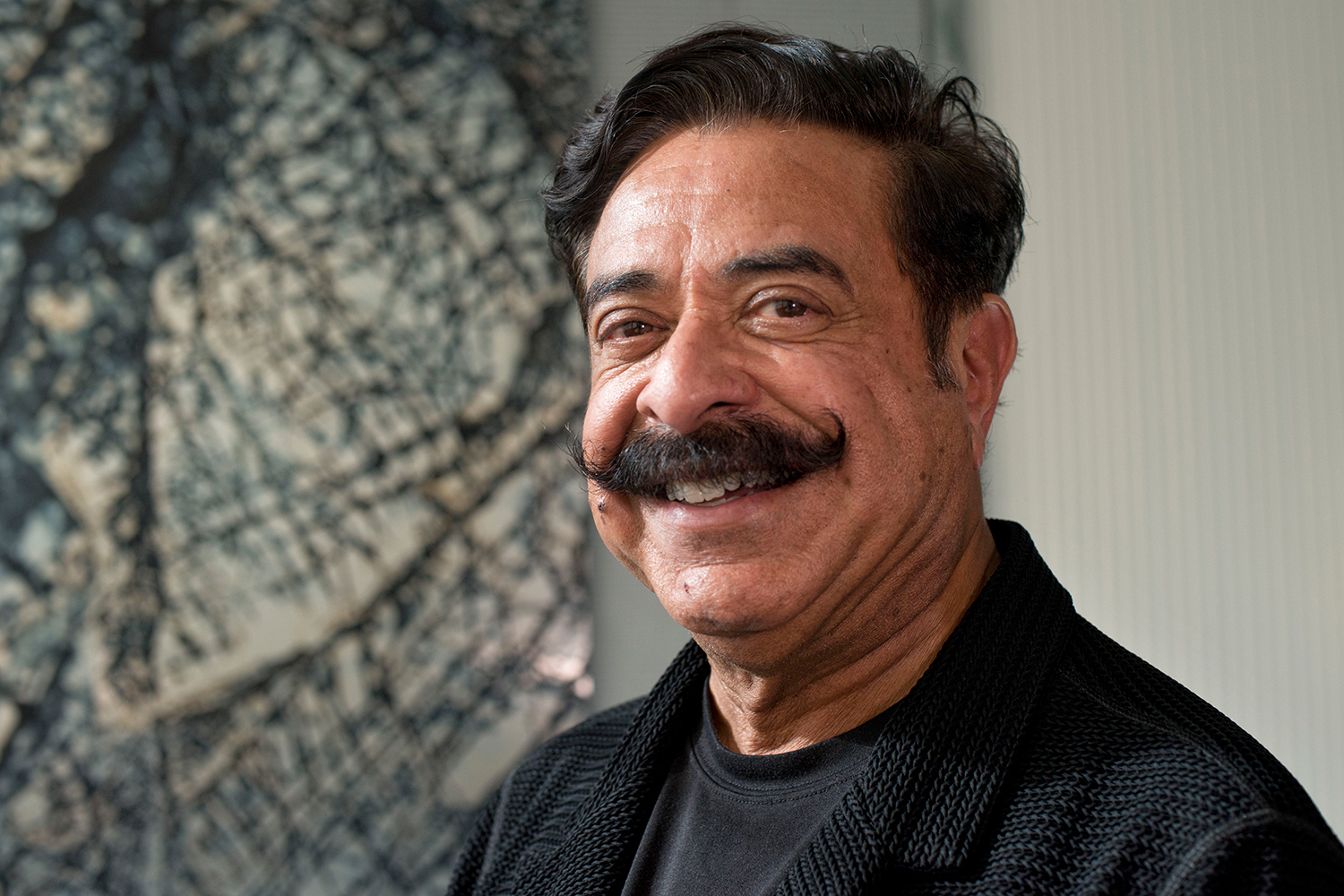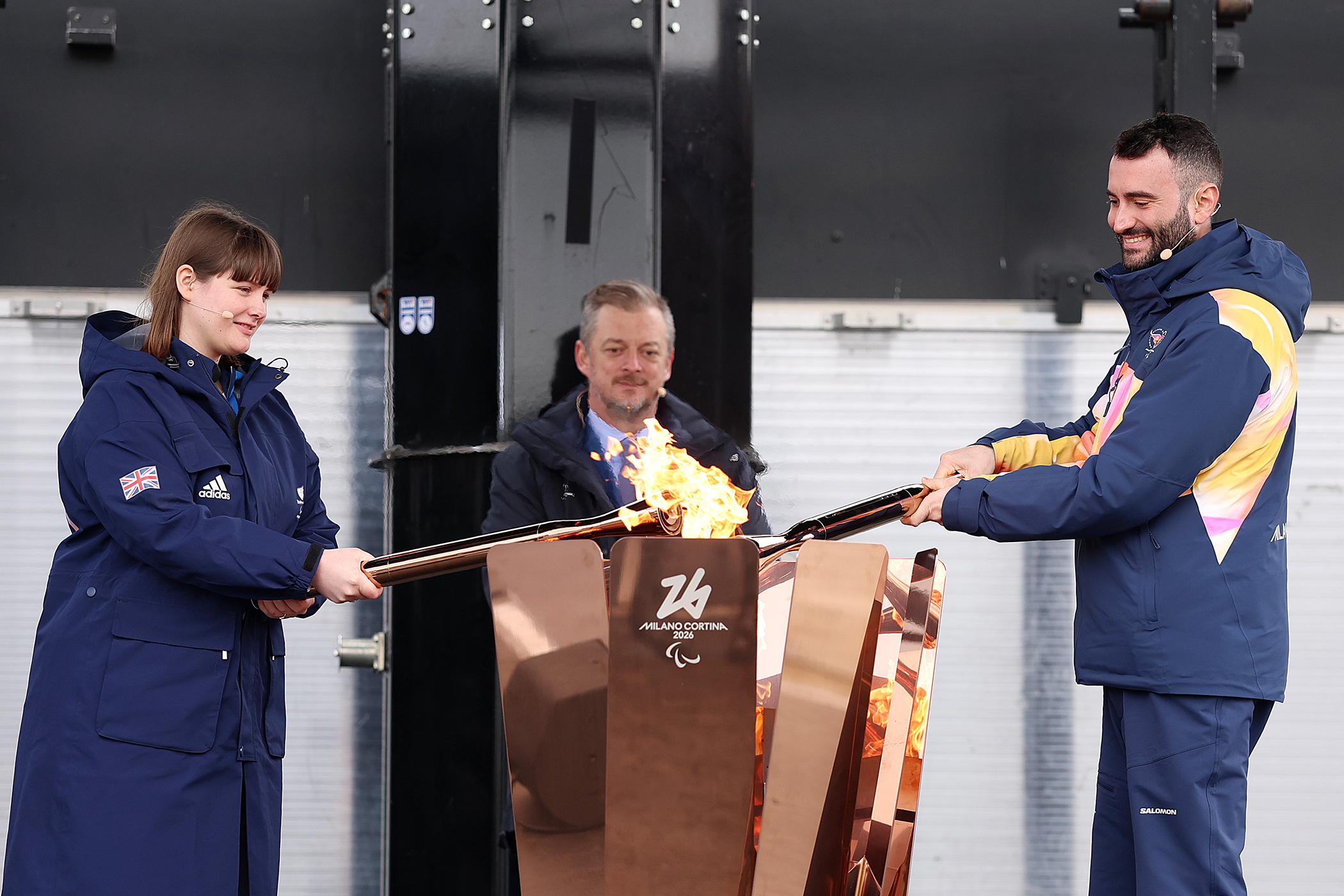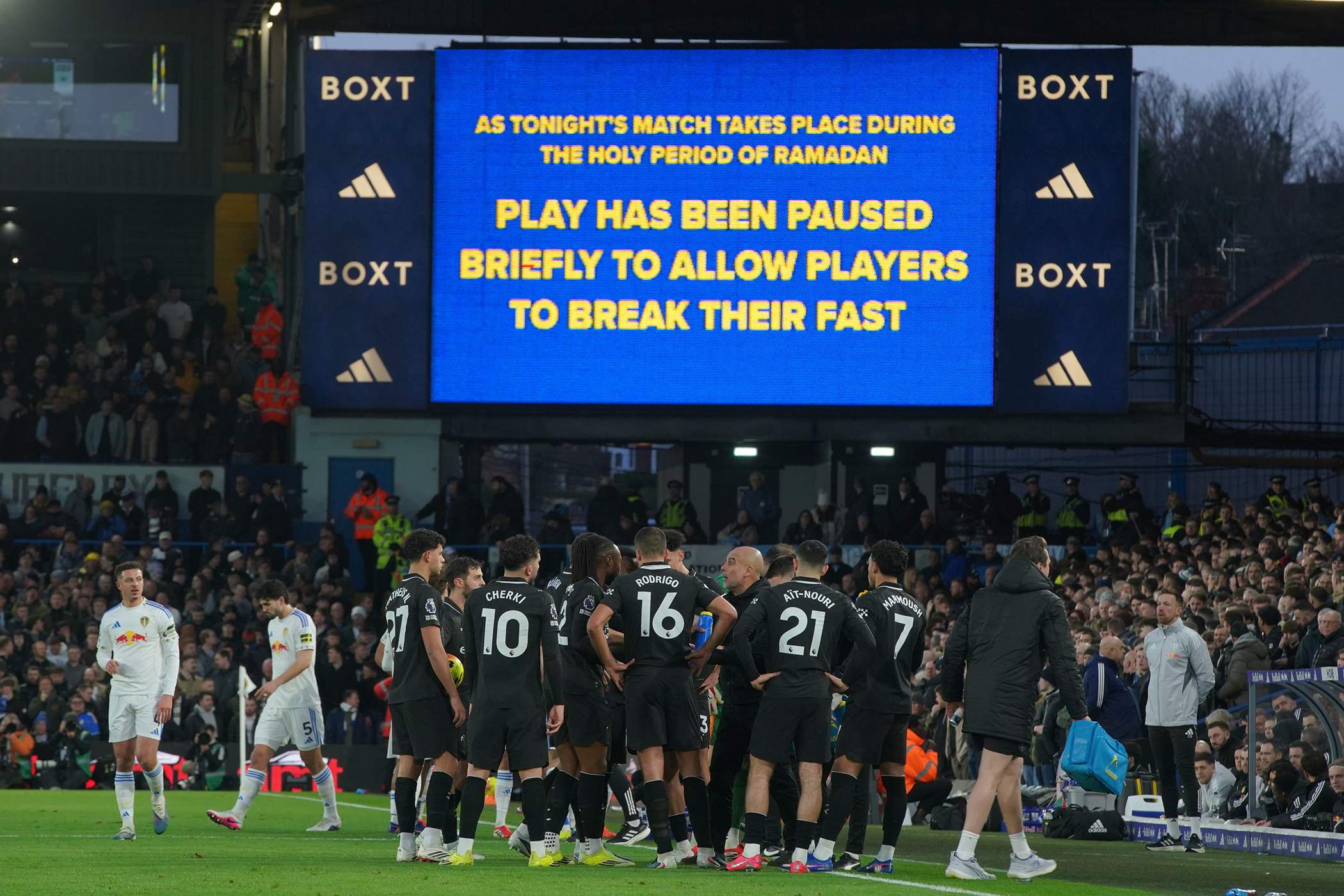Photograph by Sophia Evans for The Observer
“People outside the US don’t understand how powerful the NFL is. It’s a cultural phenomenon – but with that popularity, it’s saturated.”
Shahid Khan, the owner of NFL team, the Jacksonville Jaguars, was speaking before watching another of his sports teams, Fulham, draw 1-1 with Manchester United in the Cottagers’s opening home Premier League match of the season.
“When we got here in 2013, there used to be surveys that asked which NFL team you cheer for, and the Jaguars were 31 out of 32. Now we're consistently in the top three,” he told The Observer.
The NFL season kicks off next week with the Superbowl champions Philadelphia Eagles playing the Dallas Cowboys on Thursday night and the Jaguars, who Khan acquired in 2011, begin at home to the Carolina Panthers on Sunday.
They will once again come to play at Wembley against the LA Rams on 19 October. It will be the 14th match the Jags have played in London since Khan’s takeover of the franchise.
The rise of the NFL in the UK has been a success story for the sport. In 2015, I was introduced to ‘Shad’ at a Fulham match, and was invited to the Jaguars’s match against the Buffalo Bills at Wembley.
Now I am one of those obsessives, exhausted on a Monday morning after staying up to 4am to watch Sunday Night Football. This stark transition from skeptic to borderline super-fan is largely thanks to Shahid Khan.
But it has been a turbulent summer for his team – they have replaced their general manager, head coach and both co-ordinators, and hired a new executive vice president.
“We have the talent, what really underachieved [last year] was the leadership,” said Khan.
Newsletters
Choose the newsletters you want to receive
View more
For information about how The Observer protects your data, read our Privacy Policy
“If we fix the leadership and we have even more talent, we should be very competitive.”
New head coach Liam Coen initially withdrew himself from consideration from the job, with an unwillingness to work with previous general manager Trent Baalke being the main stumbling block.
However, once Khan removed Baalke, Coen U-turned and chose Jacksonville, despite having told the Tampa Bay Buccaneers he would stay.
Khan is committed to his star quarterback, Trevor Lawrence, whose 2024/25 season was curtailed by a shoulder injury.
“The number one thing for me was that we need to find a coach who can bring out the best of Trevor,” said Khan.
“In all the research I have done, he [Coen] is someone with a proven track record of developing quarterbacks.”
However, the most highly scrutinised arrival in Jacksonville this year will be Travis Hunter, the number two overall pick in the draft, who will attempt to play both offense (as a wide receiver) and defence (as a cornerback), a rare double in the modern NFL.
“He’s been called a unicorn, and you see that in action,” Khan said.
“After we drafted him, he didn’t leave the building for three days. He came in, and a few hours later there were some kids getting a tour and he was helping them out, telling them where things were.”
Across the pond, the issue of the Premier League’s profit and sustainability rules (PSR) has become an increasingly urgent conversation amongst club owners.
Aston Villa and Newcastle have bemoaned their inability to spend as much as they like, and Fulham have also been limited in their approach to the transfer market, especially this summer.
But Khan is bullish about the long-term impact of the regulations. “I think they’re really good. I’m glad they’re being enforced now,” he said.
“Why is the Premier League the most popular soccer league in the world? Because of some of those rules and how the money is divided.”
Does that not risk making the league a closed shop?
“That is absolutely true, but the fact is that when you compare it to the other leagues in the world, the Premier League is by far the most competitive,” he added.
In contrast to the Premier League, the NFL is famed for its profitability, with Forbes naming Dallas Cowboys’s estimated sale value as $10.1bn.
Despite benefitting from the NFL’s success, Khan does not think it is realistic for the Premier League to learn many lessons.
“Let's be honest, the NFL, no relegation, no promotion is a huge deal. What it means is you can be responsible fiscally,” says the Pakistani-born, American businessman.
“For Fulham, we have to optimise our key attributes; the richest, most-educated fan base in English football. Geographically it’s in a beautiful location, so we can serve the community on non-match days.”
A major way Khan has intended to increase non-matchday revenue, as well as improve the matchday experience is by building new and innovative stadiums.
Fulham have just completed their Riverside stand, equipped with a swimming pool and high-end restaurants and the Jaguars have recently gained approval to build their ‘stadium of the future.’
For Khan, who made his fortune manufacturing and selling auto parts, this venture is more than just a money-making tool.
“Frankly, it’s a passion for me. I seriously thought about being an architect, and I even started the first year in engineering school. But then I saw how much money they were making…
“The challenge of space design is, how do you come up with something that's iconic, efficient and really touches people in a good way?”
This architectural fascination with stadiums almost led to the Flex-N-Gate founder buying Wembley in 2018, before the deal fell through.
Does the 75-year-old still harbour ambitions to acquire the national stadium?
“We’ve got a great relationship [with Wembley] and for the time being we are doing great, so all is good,” he said.
Who knows? Maybe Khan will own Wembley when the Super Bowl comes to London one day, or perhaps when Fulham win their first FA Cup.


